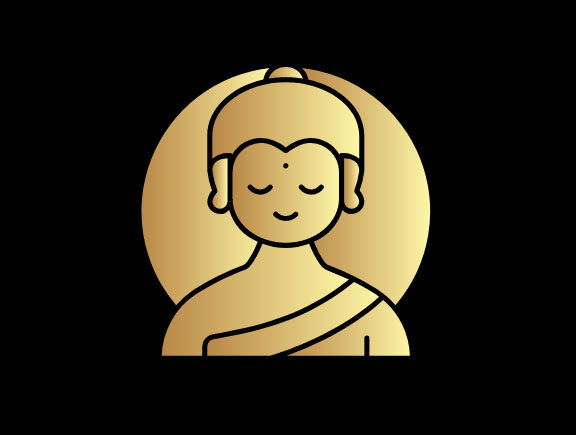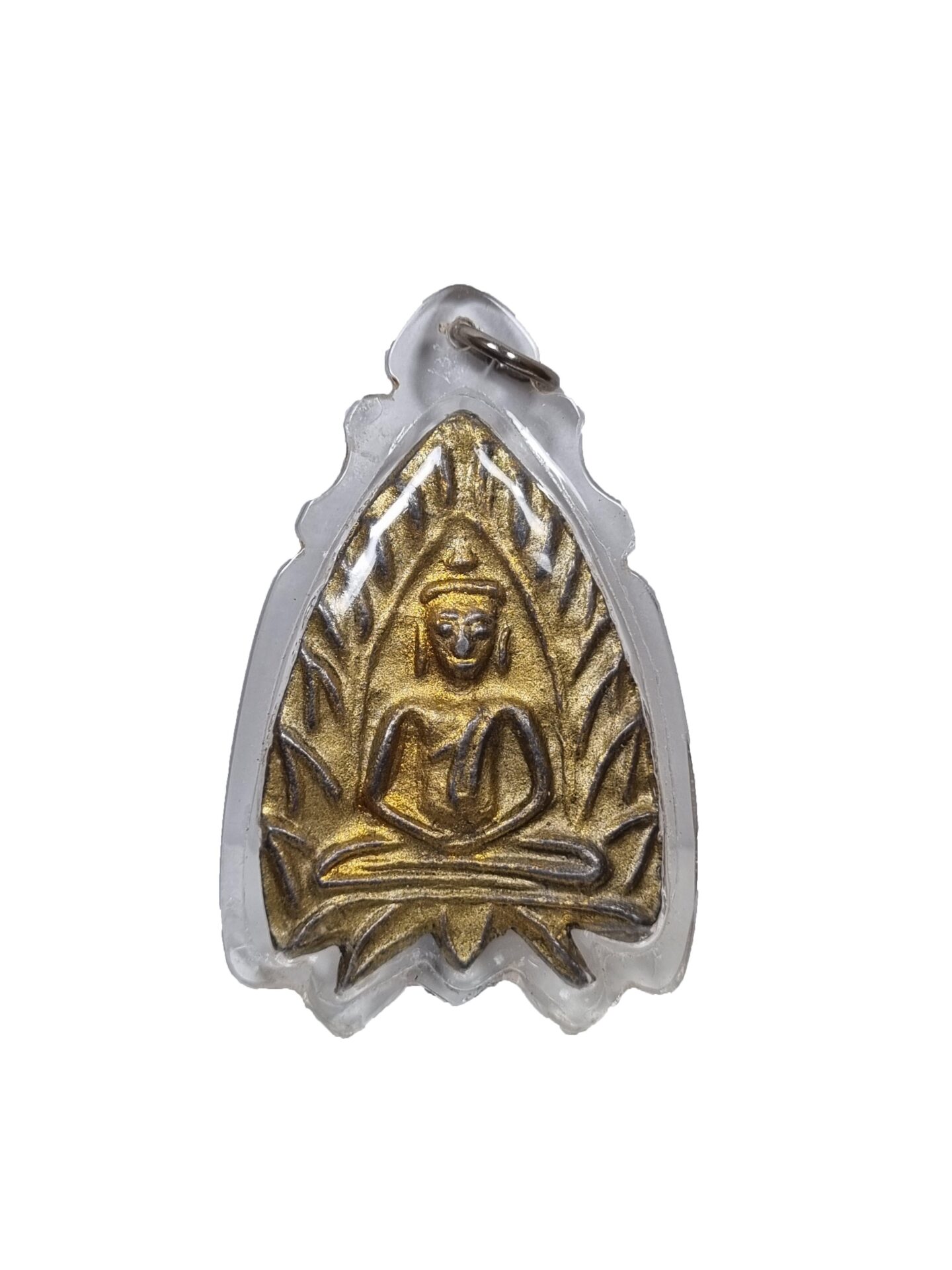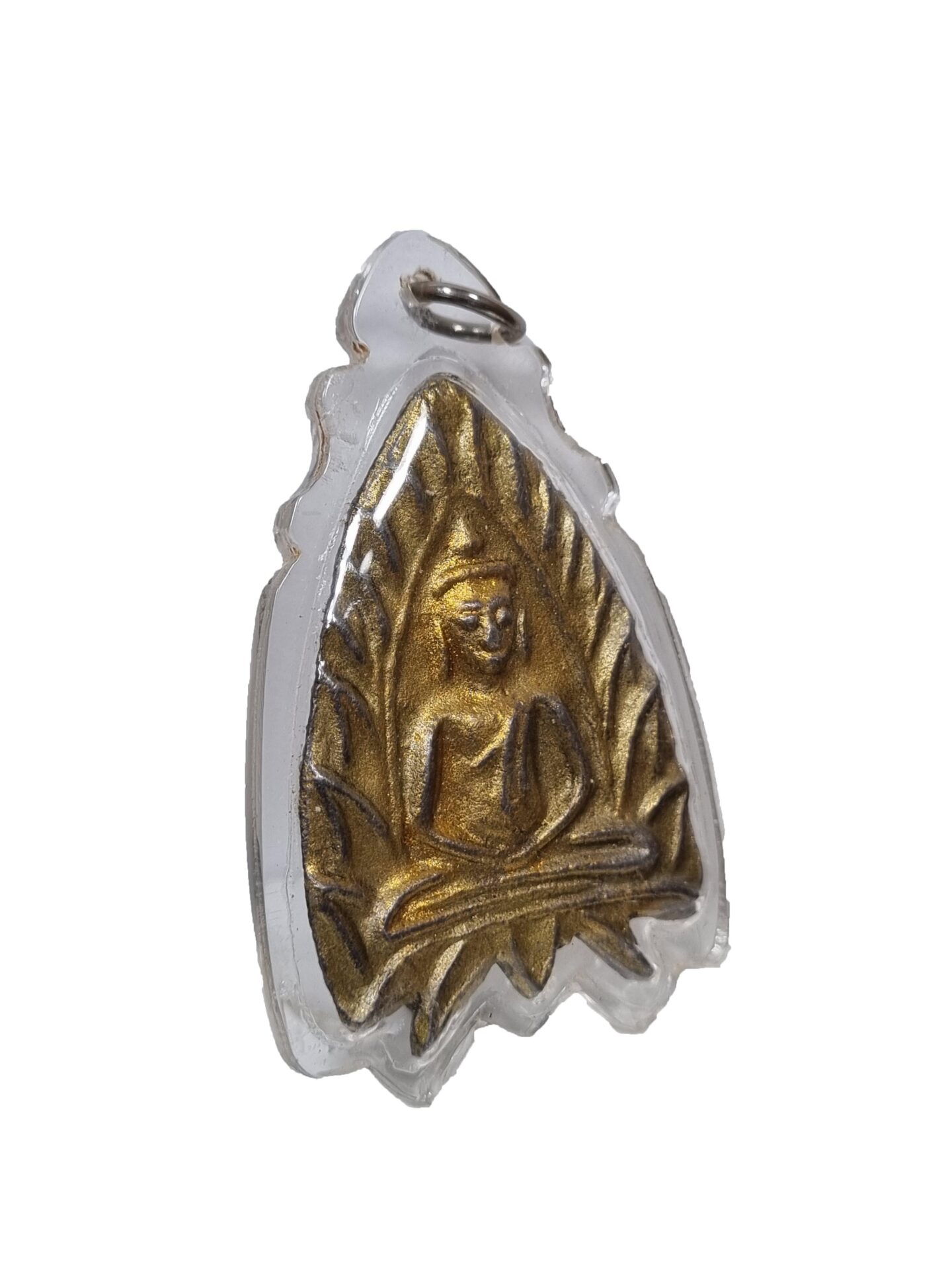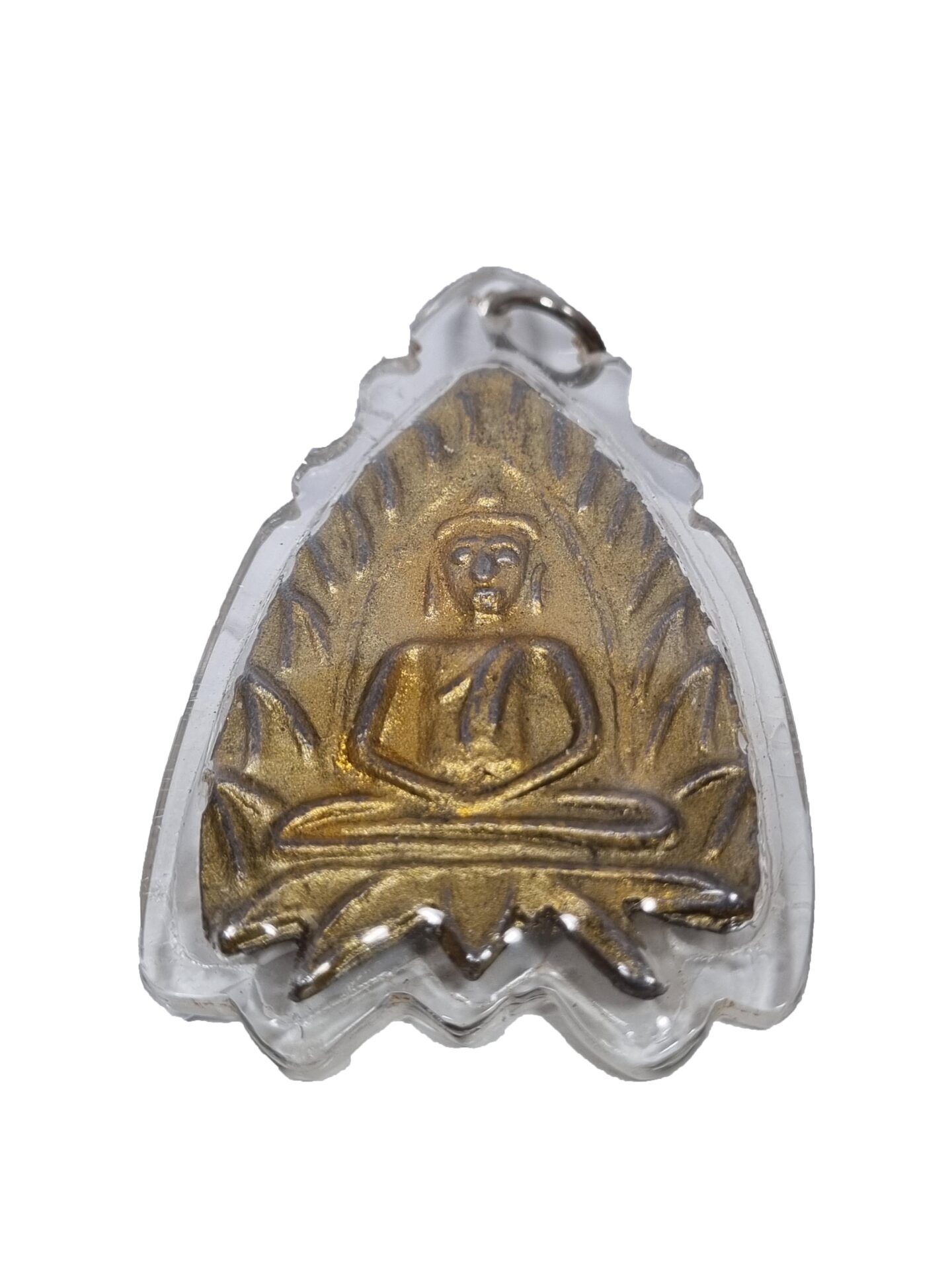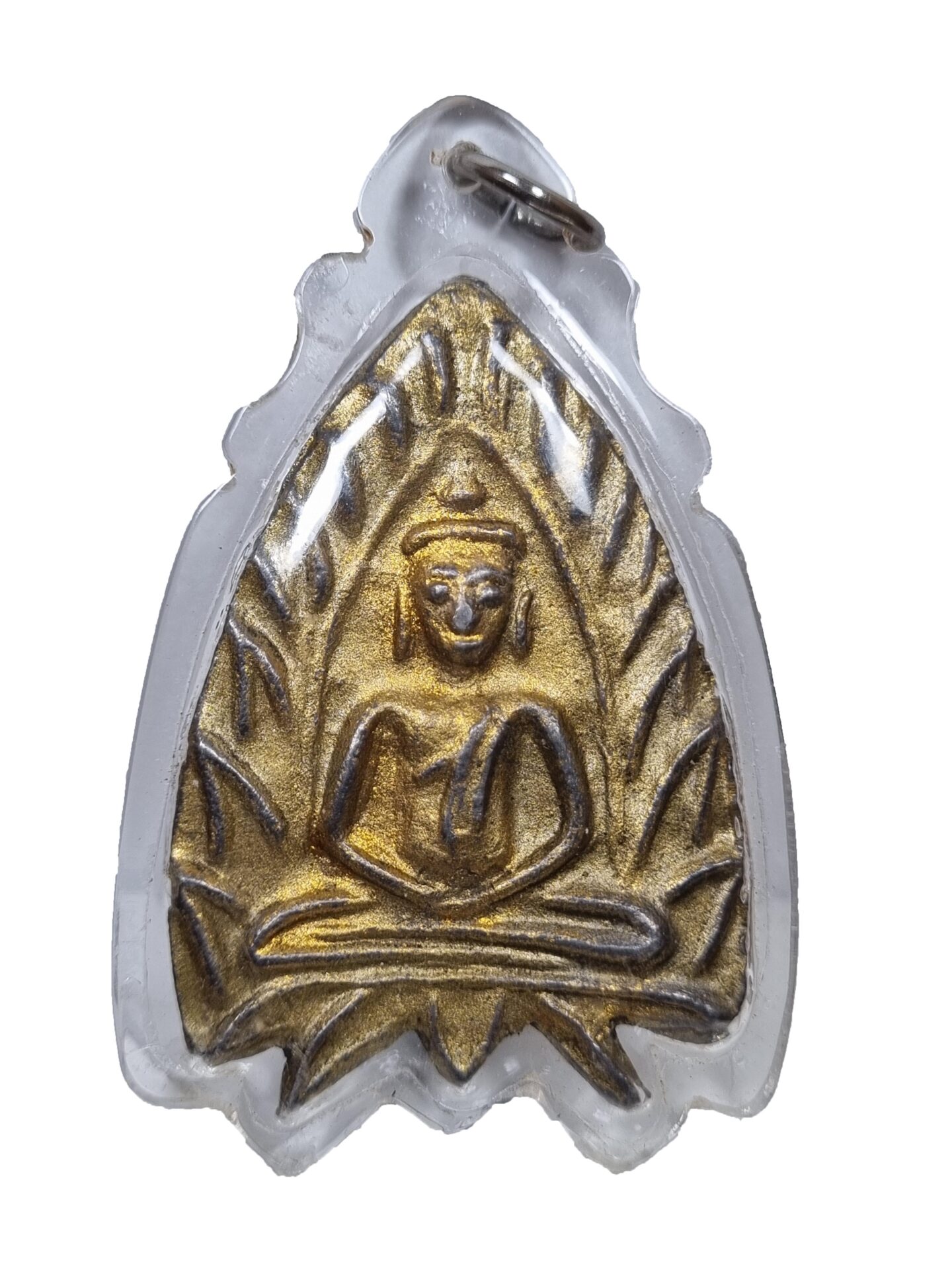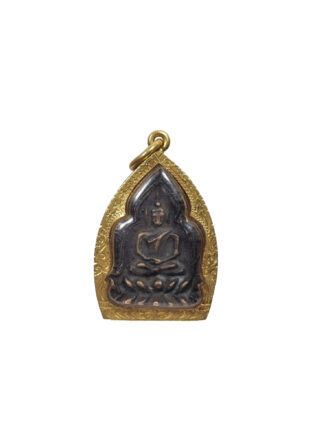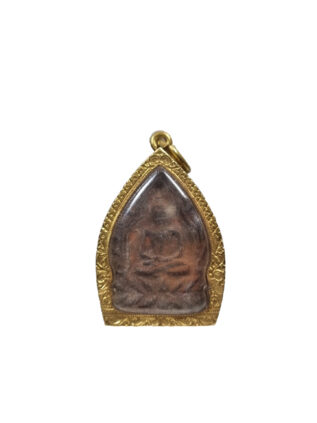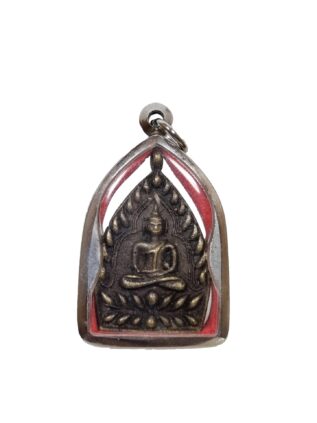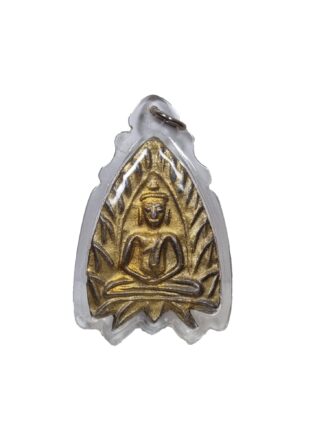Description
Phra Chao Sua, when translated as “Buddha on a Mountain,” resonates deeply with Chinese cultural beliefs, especially those intertwined with Feng Shui. Mountains, in Chinese culture, symbolize strength, stability, and protection. When combined with the image of the Buddha, this symbolism takes on an enhanced meaning. In Feng Shui, the surrounding landscape plays a crucial role. Mountains, especially those positioned behind a dwelling, provide “support” to its inhabitants. This strong backing is believed to attract wealth, prosperity, and positive energy, ensuring the residents or businesses flourish. Therefore, the idea of a “Mountain Buddha” becomes a potent emblem of both spiritual and material well-being. The placement of a Buddha statue, particularly in this context, is believed to amplify the flow of chi (energy) in a space. When this statue is associated with the strength and protection of a mountain, the combined symbolism serves as a powerful tool in Feng Shui practices to harness and optimize positive energies. For the Teochew community and many other Chinese dialect groups, linguistic plays and puns are prevalent in cultural practices and beliefs. Objects or phrases that sound auspicious or resemble words signifying prosperity, luck, or well-being are highly sought after. In the case of Phra Chao Sua, the saying itself, especially when interpreted in specific dialects, holds an auspicious connotation, making it a favored term and practice in these communities. In essence, Phra Chao Sua encapsulates the idea that with a strong spiritual and metaphorical foundation, represented by the mountain and the Buddha, one can achieve prosperity, stability, and success in life.
